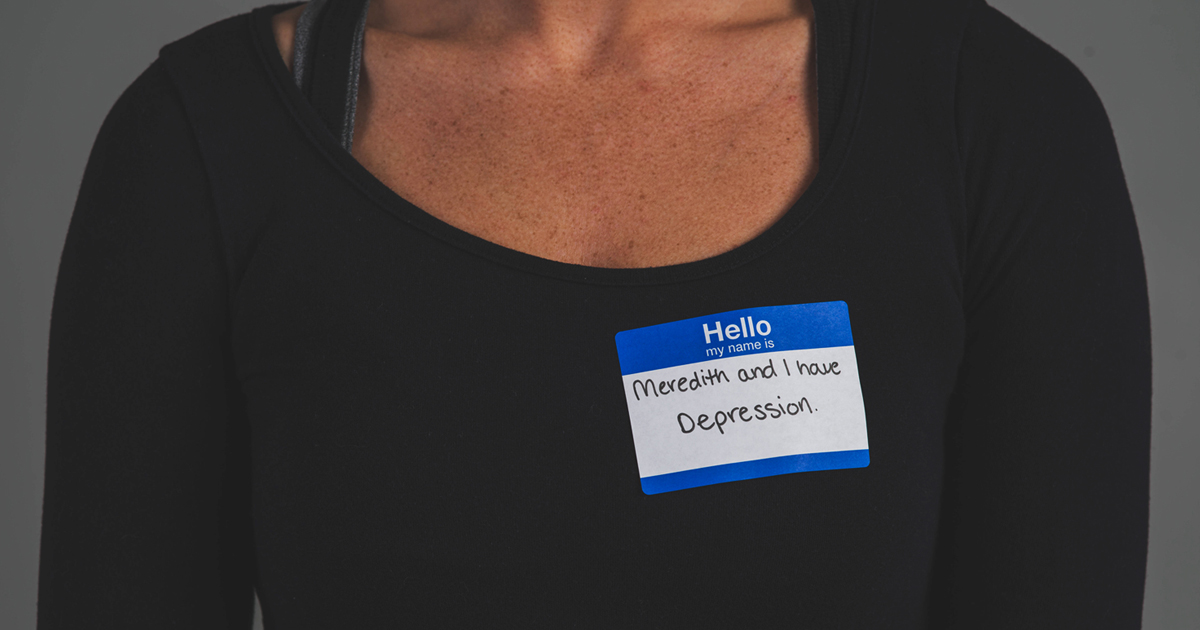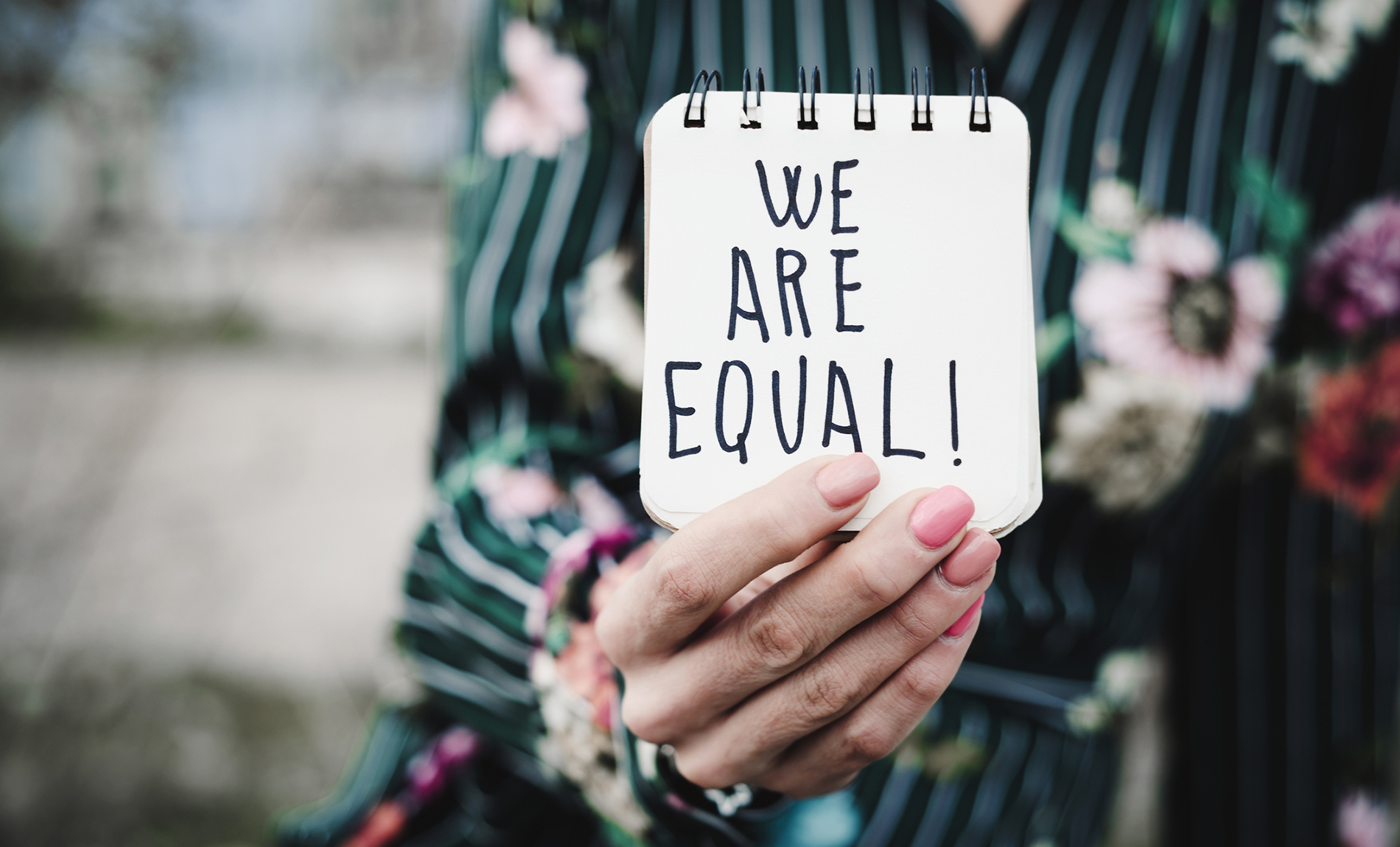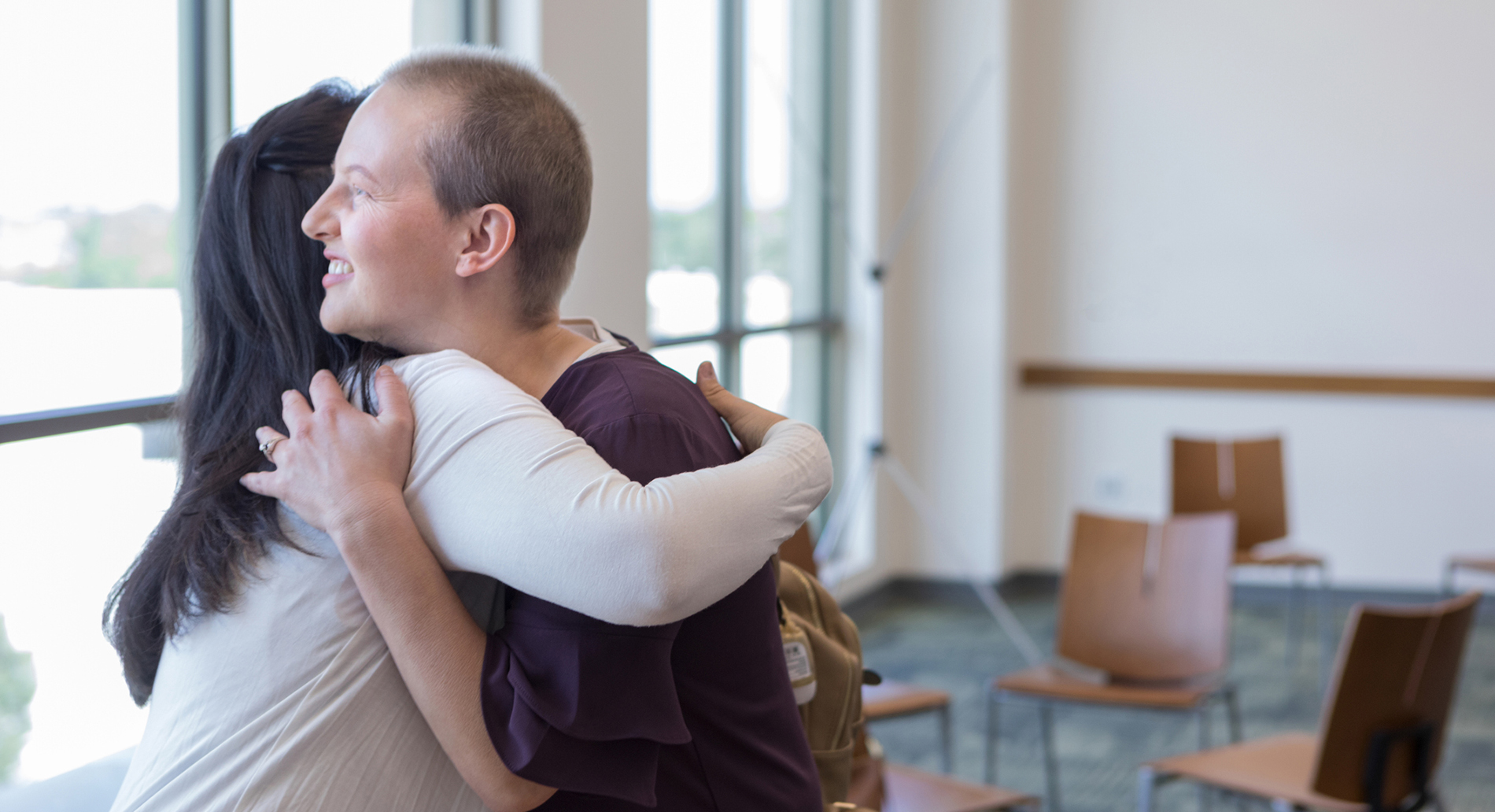As society continues to gain a better understanding of how the human brain operates, we also gain further insight into our mental health. Over the past several years, we have successfully identified and diagnosed a greater number of mental health illnesses, leading to the revelation that dealing with mental health issues is not an isolated circumstance. In fact, according to the World Health Organization, one in four people across the globe will experience some mental or neurological disorder in their lifetime.
Despite the prevalence of such cases, there continues to be a high amount of mental health stigma. Some people have unfavorable opinions about those who experience mental health issues due to the various stereotypes represented in the media. Others are more well-meaning but woefully misinformed and offer nothing more than unhelpful platitudes. All this contributes to feelings of shame, fear, and isolation by those most in need of support. For instance, fewer than half the people who experience depression get treated for it because of the stigma involved. Stigma is a very real threat to recovery.
Common Mental Health Stigmas and Misconceptions

Within our society, there are plenty of misconceptions about mental health and those experiencing mental health issues. One very common problem is a failure to understand the full breadth of any given mental health condition. Many of these conditions are far more complex than people are willing to accept; instead, they opt to take on a reductionist perspective. Within this frame of mind, it’s easy to say that people with depression are just sad, people with obsessive-compulsive disorder (OCD) are just neat, people with bipolar disorder are just moody, and people with anxiety are just stressed. This interpretation is reinforced by the misuse of these clinical terms in everyday conversations. People are quick to say things like, “I can’t believe our team lost! I’m so depressed,” or “I just have to organize my makeup bag first, I’m so OCD!” despite not experiencing any of those illnesses.
Other misconceptions revolve around mental health treatment. Therapy is seen as a waste of time, paying simply for the benefit of having someone to talk to, with no regard for the valuable skills, strategies, and coping mechanisms learned in the process. Meanwhile, medication is perceived as an unnecessary shortcut that is likely to do more harm than good in the long term. Instead, people on the outside often have their own unhelpful assumptions of what comprehensive mental health treatments should look like, mainly involving more exercise, more exposure to the outdoors, a better diet, and simply “being happier.”
However, the most harmful misconception is that experiencing a mental health issue is inherently negative, making you somehow a lesser person. The perception is that those people’s brains are wrong or broken and that they should be pitied. Not only does this undermine mental health patients and their abilities to function in society, but it also leads to their ostracization, as people seek to distance themselves from those they perceive as “sick.”
How This Relates to Substance Use Disorders
Many factors contribute to mental health issues. One of particular note is substance use disorder. Even those who are open to gaining a better understanding of mental health are likely to have negative perceptions of a person if they learn they have some form of substance use disorder. When the consumption of substances such as illicit drugs is involved, there’s a tendency to assume that the person in question is fully to blame for their own mental health issues, as they have chosen to engage in said consumption.
This makes people increasingly unsupportive of efforts to provide resources assisting those who deal with substance use disorders. The assumption is that any such investment would be wasteful; that those people, often referred to as “substance abusers,” have no interest in getting better and are far more likely to try to game the system and continue seeking drugs or alcohol. Instead of viewing these people as humans worthy of respect, they are reduced to mere “addicts,” “junkies,” or “alcoholics.” How can people experiencing addiction and substance use disorders be expected to believe there may be a path to recovery available to them when the rest of society is so prepared to write them off? This is why ending the stigma of addiction is so critical.
The Impact of the Mental Health Stigma
The problem with all these misconceptions is that they have a significant impact. Not only are they directly harmful to the people experiencing mental health issues, but they also have additional effects on how a community deals with the subject of mental health as a whole. For starters, the negative perceptions that people have about mental health disorders make them a highly undesirable trait. This leads to the formation of additional barriers and challenges for patients with mental health issues. Employers are less likely to hire them and are more likely to seek an excuse to let them go. Landlords are less likely to approve their housing applications. And that’s just the start.
To make matters even more complicated, the stigma of mental illness also leads to a lack of funds being allocated to the provision of better mental health resources and accommodations. This makes it almost impossible for many of those experiencing mental health disorders to gain access to the help they need to thrive in society.
What Can We Do to Reduce the Stigma of Mental Health Issues?
With all this in mind, it is critical that we all put in the work to break the stigma surrounding mental health. But where to begin? How to help reduce stigma? It’s so insidious that the task may often seem insurmountable. How can one individual possibly counter years of massive misconceptions and pervasive stereotypes embedded deeply in every facet of modern society? In actuality, the most important people in this equation are exactly that: small pockets of individuals seeking to make a difference. Repeatedly, history has shown that a single person can start a ripple effect seen worldwide. To effect real change, there are three things we need to focus on: awareness, education, and support.
Increasing Awareness of Mental Health Issues
The first step in breaking the stigma regarding mental health issues is by increasing people’s exposure to the subject. Talking openly about mental health experiences makes it less taboo, and the more people are exposed to the issue, the more they are likely to be curious than frightened. After all, seemingly isolated incidents are much easier to ignore or misinterpret than widespread experiences.
One of the biggest benefits of increased awareness is that it helps combat external stigma and internalized stigma as well. People experiencing mental health issues often choose to hide their symptoms or deny their situation for fear of being perceived in a negative way. Increasing awareness serves as a reminder that they are not alone and that there is no shame in what they’re
going through. The more exposed people are to the subject, the more likely they are to be open about their experiences and pursue treatment.
There are several ways to help in this endeavor. Those seeking to increase awareness of mental health issues can share social media campaigns during events like Mental Health Awareness Month. They can also promote related charity events and nonprofit organizations. For people dealing with mental health issues who are comfortable enough to do so, being open about their experiences can go a long way toward normalizing mental health discussions.
Educating People About the Reality of Mental Health
Of course, while extremely helpful, awareness is just the start. The next step in the process is actively addressing the existing misinformation and stereotypes and dispelling myths surrounding mental health. The more people understand the issue, the better equipped they will be to handle mental health-related situations in a supportive and empathetic way.
There are many different ways to approach education. Sharing articles and resources from reliable, trustworthy sources is one solution. However, education can take place during regular in-person interactions as well. If someone happens to bring up a mental health myth in conversation, you then have the opportunity to speak up and provide some much-needed clarification. Another thing to keep in mind is the language used in conversation. Being conscious of the language you use and addressing situations when inappropriate words are brought up is another way to educate people on mental health.
One thing to remember is that education doesn’t have to be all external. Educating oneself is an excellent way to begin; as you continue to improve your understanding, you’ll find yourself better equipped to speak on the subject to others.
Supporting People Experiencing Mental Health Disorders in Your Community
Finally, simply showing the people in your life with mental health disorders that you support them can go a long way. Of course, this is something that can sometimes be difficult to put into practice. In our efforts to protect our loved ones, we can unknowingly hurt them instead, which is especially true when mental health is involved. Ultimately the most important thing to prioritize is respect. Don’t make assumptions about others or speak on their behalf, as this strips them of their agency. Instead, really listen to what they have to say and elevate their voices when possible.
Remember that mental health issues are just one part of a person’s identity. People are so much more than their diagnosis. By seeing people who experience mental health disorders as people first, we become more open to understanding what they’re going through and are better equipped to help them thrive. At Sage Neuroscience Center, we aim to do our part in overcoming stigma by treating our patients as the complex individuals they are. Each aspect of the care we provide is customized to ensure that the needs of the people we treat are addressed and that they feel supported every step of the way.

Clinical Director Therapist
Lana Reihani, LPCC, is a Clinical Mental Health Therapist, Clinical Supervisor, and Clinical Director with Sage Neuroscience Center. She is passionate about strengthening evidence-based clinical practices with radical empathy and a touch of humor, delivered with safety, equality, and diversity in mind. In her free time, Lana loves to learn, cook, find the best light for selfies, share amazing memes, and watch trashy reality TV.
Read Lana Reihani’s Full Bio | Browse All Articles Written by Lana Reihani, LPCC



